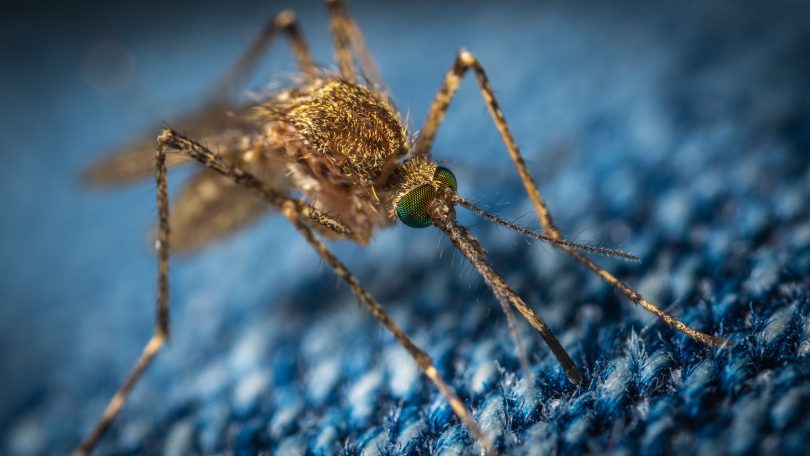
The Southern New South Wales Local Health District is warning of Ross River Fever and Barmah Forest Virus outbreaks. Photo: Ekamelev.
Residents in southern NSW are advised to take extra steps to protect themselves from mosquito bites following a suspected outbreak of Ross River Fever and the Barmah Forest Virus locally.
The Southern NSW Local Health District says an increased number of suspected cases of both mosquito-borne diseases have been reported to the public health unit and are currently under investigation.
So far, the investigation suggests the infections were acquired on the NSW South Coast.
The NSW Arbovirus Surveillance and mosquito monitoring program has seen a moderate number of mosquitoes in early February at a trapping site in Narooma.
Manager of infectious diseases April Roberts-Witteveen said symptoms of both diseases are similar and include a rash, fever, chills, headache, aches and pains, which usually show about three weeks after a mosquito bite.
“Tiredness and sore and swollen joints can also occur,” she said. “Anyone experiencing these symptoms should see their doctor.”
Symptoms can subside after a few weeks, but some people may experience them for weeks or even months.
NSW Health has recommended the following advice to avoid mosquito bites:
- When outside cover up as much as possible with light-coloured, loose-fitting clothing and covered footwear.
- Use an effective repellent on all exposed skin. Re-apply repellent within a few hours as protection wears off with perspiration. The best mosquito repellents contain Diethyl Toluamide (DEET) or Picaridin. Those containing oil of lemon eucalyptus can also provide adequate protection.
- Take special care during peak mosquito biting hours, especially around dawn and dusk.
- Remove potential mosquito breeding sites from around the home and screen windows and doors.
- When camping, use flyscreens on caravans and tents or sleep under mosquito nets.
- Use insecticide sprays, vapour dispensing units (indoors) and mosquito coils (outdoors) to clear rooms or repel mosquitoes from an area. Devices that use light to attract and electrocute insects are not effective.
Original Article published by Hannah Sparks on About Regional.














